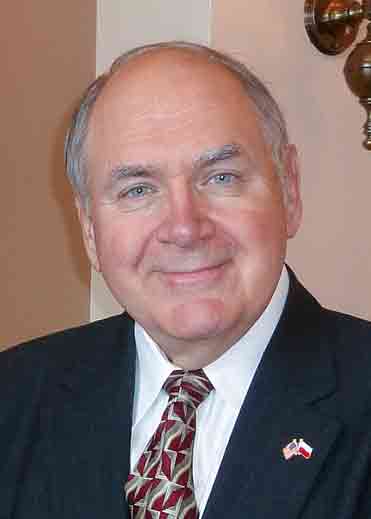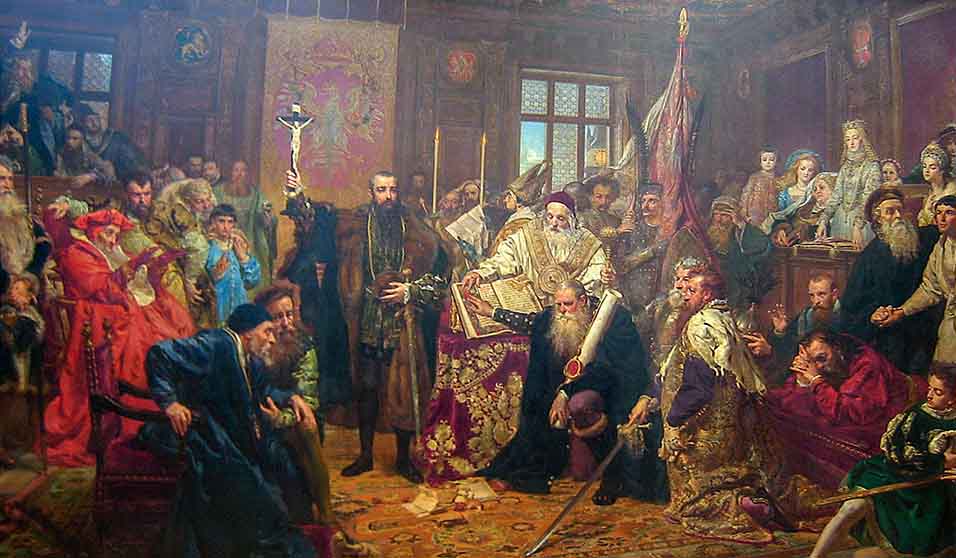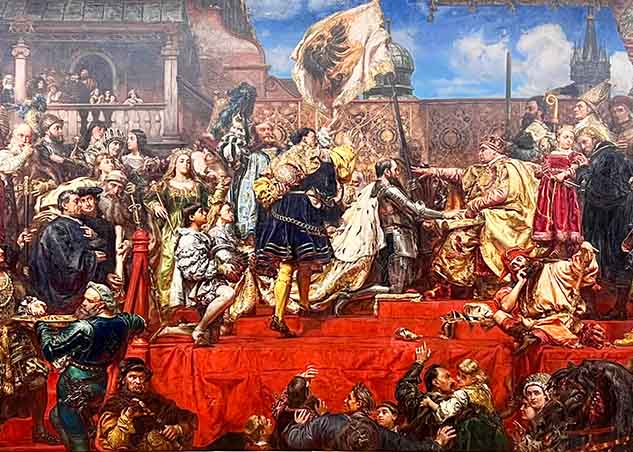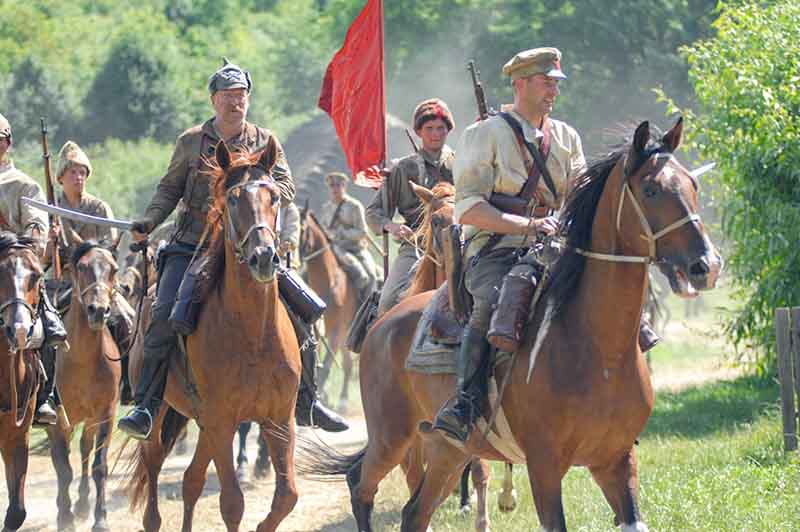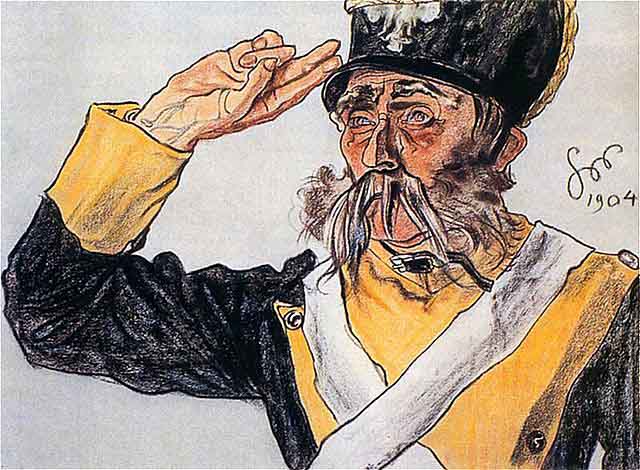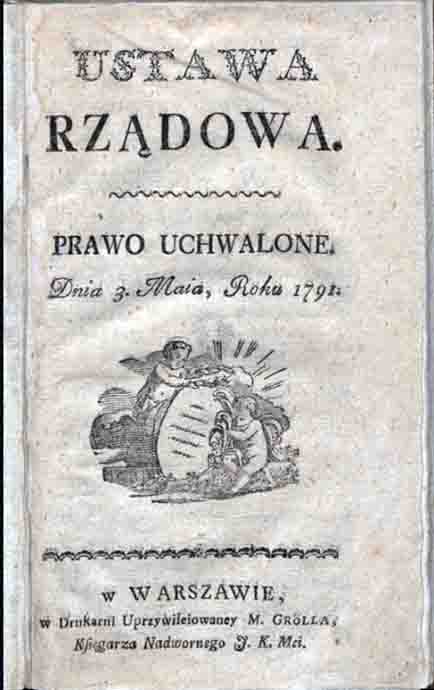I quite often get an e-mail from a Gentleman in Michigan who notes the anniversaries of historic battles fought by the Poles. A few are fairly well known — like the great victory at Warsaw in August 1920. Some recall defeats suffered by the Poles. Nearly all these battles were fought in defense of the country.
It's interesting reading.
Recently I received one on the Battle of Grunwald. This titanic seven-hour-long struggle between the army of the King of Poland and the Teutonic Knights of the Cross took place on Tuesday, July 15, 1410 — over 600 years ago. That day, perhaps as many as 35,000 Poles and Lithuanians, joined by some Ruthenians (today's Ukrainians) and Tatars defeated a formidable international army of 25,000, led by the Knights.
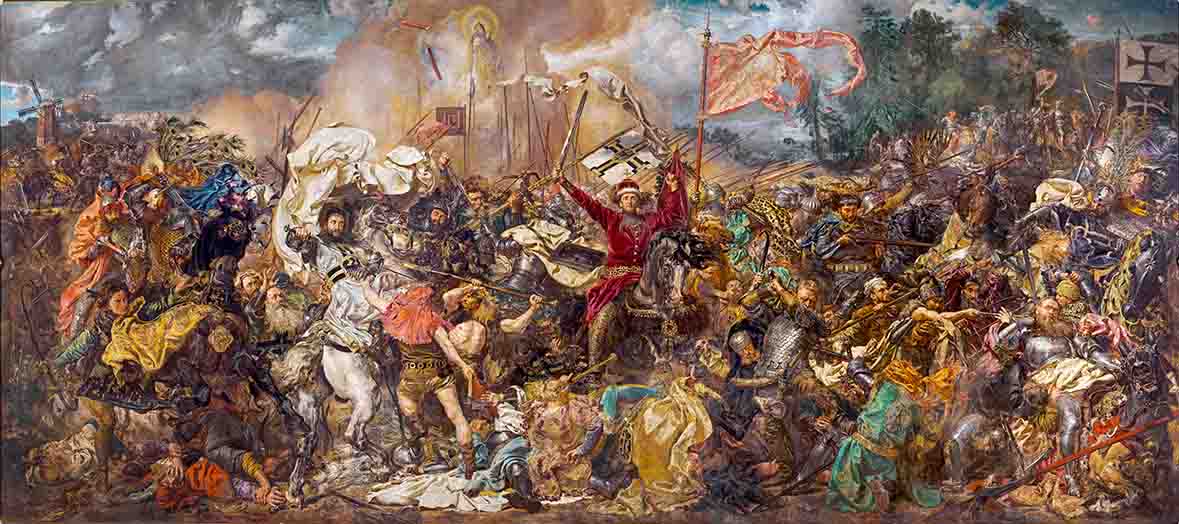
The Battle of Grunwald, oil painting by Jan Matejko (Source: Wikipedia)
The battle — perhaps the largest and bloodiest in the history of medieval Europe — occurred on a field southeast of the Baltic seaport city of Gdansk (Danzig) and between two small villages: Grunwald (Grünfelde) and Stębark (Tannenberg). Fought by armored horsemen and infantry, with broad swords, axes, crossbows, lances and even cannons, the result was a great victory for the Poles.
The Knights, who had been causing problems for the Poles for nearly two hundred years, had suffered a massive defeat. But Poland's King, Wladyslaw Jagiello, chose not to send his exhausted forces to seize their great fortress stronghold of Malbork (Marienberg). This lost opportunity allowed the remaining Knights to regroup. In the years after, they went on to cause the Polish-Lithuanian kingdom no end of troubles.
Eventually, the Order disbanded and its Baltic coast lands were turned over to the little Prussian state to the west. By the 18th century this state, the Kingdom of Prussia, had become a great European military power. And in 1772, 1793 and 1795, it joined with Russia and Austria to partition and destroy the once great Polish state.
In 1871, Prussia under its Chancellor, Otto von Bismarck, united the many German states into an empire ruled from Berlin. For the Poles under German rule, this meant severe oppression. Indeed, hundreds of thousands emigrated, many to the United States.
In 1910, the Poles in the Austrian zone of the partitioned land somehow won Vienna's approval to stage an extraordinary celebration: to recall the victory at Grunwald, won five centuries earlier!
Countless thousands of Poles took part in this extraordinary event and from all three parts of the partitioned land. A monument to commemorate the victory was approved, funded by the famous pianist/patriot Ignacy Paderewski. A new and haunting patriotic anthem, "Rota," (The Oath), was even composed for the occasion.
In America, Polonia's representatives had just dedicated monuments to Pulaski and Kosciuszko in Washington, DC, and held a national congress where they called for Poland's independence. Many then traveled to Krakow to join in the Grunwald commemoration.
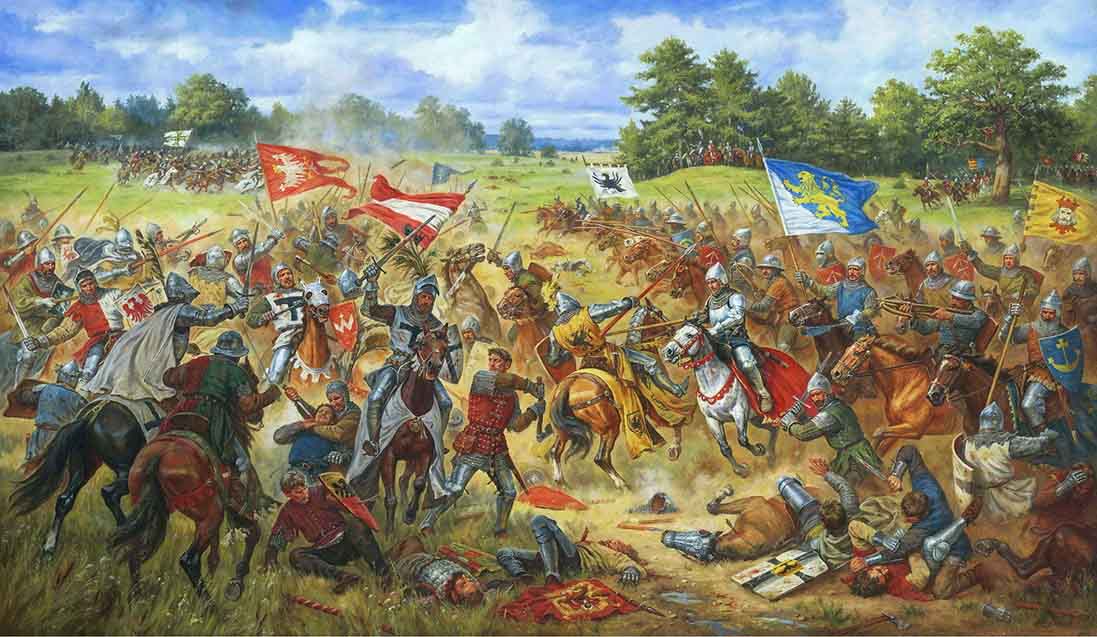
Galician banners in the Battle of Grunwald on July 15, 1410 by Artur Orlonov (Галицькі хоругви у Грюнвальдскій битві 15 липня 1410 року, Артур Олегович Орльонов, 1973-; source: Wikipedia)
In August 1914, World War I broke out with imperial Russia fighting Prussia and Austria. That very month, a German army headed by General von Hindenburg won a crushing victory over the Russians. He named the triumph the Battle of Tannenberg, as if to erase the memory of the Poles' victory over the Teutonic Knights near Tannenberg (pol. Stębark).
In 1940, yet another German warlord, Hitler, whose forces had invaded and devastated Poland, ordered the Grunwald monument to be blown up. After World War II, however, the monument was restored and stands just outside the Planty Park that surrounds the ancient city of Krakow. It is worth seeing for many reasons. And it is even more worth being restored to its historic majesty.
Yes indeed, Grunwald deserves to be remembered!



